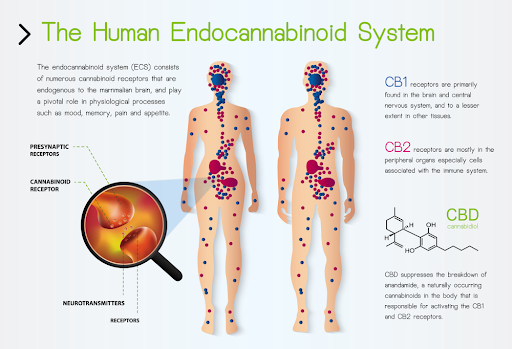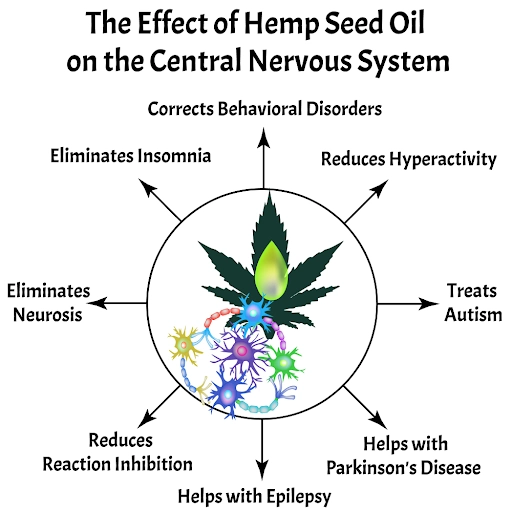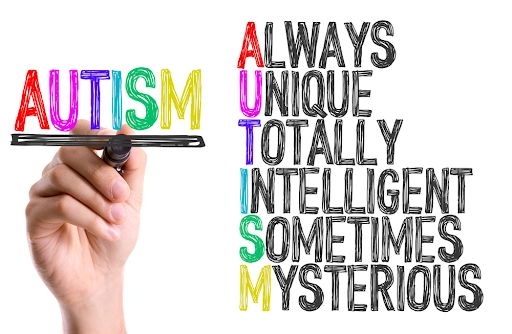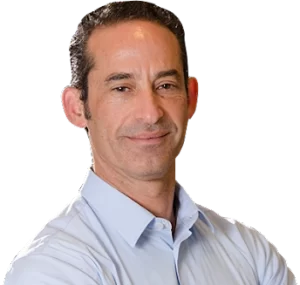Does cannabis work for Autism Spectrum Disorder?
Cannabis has been shown to be an effective treatment for a variety of chronic medical conditions, including autism spectrum disorder (ASD). Cannabis research shows promising effects in the potential to treat symptoms that result from ASD. Autism is a complex neurodevelopment disorder that affects social interaction, communication, and behaviour. CBD, or Cannabidiol, is a cannabinoid compound found in cannabis that has been shown to alleviate symptoms of ASD. Let’s take a closer look at how CBD works to treat ASD.

CBD is known to interact with the body’s endocannabinoid system (ECS). The ECS is a network of cannabinoid receptors that are located throughout the body. These receptors are responsible for regulating a variety of physiological and cognitive processes, including pain perception, immune function, appetite, mood, and even memory. CBD binds to cannabinoid receptors in the ECS to modulate these processes.

Cannabidiol has been shown to alleviate symptoms of ASD by reducing inflammation and boosting neurotransmitter signalling. In a study published in the journal Molecular Autism, researchers found that CBD was effective in reducing repetitive behaviours and improving social interactions in mice with ASD.
In another study published in Frontiers in Neuroscience, researchers found that CBD oil was effective in reducing anxiety and improving sleep quality in children with ASD. The participants in this study were given 25mg of CBD oil per day for four weeks. At the end of the study, the participants showed a significant reduction in anxiety and improved sleep quality.

Cannabis has been shown to be an effective treatment for autism spectrum disorder (ASD). CBD, or cannabidiol, is a compound found in cannabis that has been shown to alleviate symptoms of ASD by reducing inflammation and boosting neurotransmitter signaling. The success of Epidiolex has spurred many parents to try marijuana and cannabis extracts for seizures, behavioral issues, or other autism-related traits in their children. We do have to consider that these drugs remain largely untested on such a large clinically controlled scale. Some studies show promising results when tested with animal models. Cannabis appears to be very promising but still needs more evidence before we can determine whether it works for the majority of patients or is even better than traditional treatments.
CBD oil is most commonly taken orally in the form of drops or capsules. It is important to start with a low dose and increase gradually as needed. If you are considering trying CBD oil for yourself, an adult loved one, or a child with ASD, be sure to consult with an experienced marijuana doctor first. Never alter any prescribed medical treatment without approval from a health provider. Minors under the age of 18 years are eligible for an Illinois medical marijuana card when accompanied by their parent or guardian.
Legal & Medical Disclaimer
The information provided on this blog is for general informational and educational purposes only and is not intended as, nor should it be considered a substitute for, professional medical advice, diagnosis, or treatment. Always seek the advice of your physician or other qualified health provider with any questions you may have regarding a medical condition or treatment and before undertaking a new health care regimen. Never disregard professional medical advice or delay in seeking it because of something you have read on this website.
The content on this blog is provided “as is” and no representations are made that the content is error-free. The website takes no responsibility for errors or omissions in the content of this blog or other websites or resources that may be referenced or linked to herein. The website’s content is not intended to recommend or endorse any specific tests, physicians, procedures, opinions, or other information that may be mentioned on the site.
By using this blog, you agree to the foregoing terms and conditions, which may from time to time be changed or supplemented by this website. If you do not agree to the foregoing terms and conditions, you should not use this blog.
The information provided on this blog is for general informational and educational purposes only and is not intended as, nor should it be considered a substitute for, professional medical advice, diagnosis, or treatment. Always seek the advice of your physician or other qualified health provider with any questions you may have regarding a medical condition or treatment and before undertaking a new health care regimen. Never disregard professional medical advice or delay in seeking it because of something you have read on this website.
The content on this blog is provided “as is” and no representations are made that the content is error-free. The website takes no responsibility for errors or omissions in the content of this blog or other websites or resources that may be referenced or linked to herein. The website’s content is not intended to recommend or endorse any specific tests, physicians, procedures, opinions, or other information that may be mentioned on the site.
By using this blog, you agree to the foregoing terms and conditions, which may from time to time be changed or supplemented by this website. If you do not agree to the foregoing terms and conditions, you should not use this blog.



